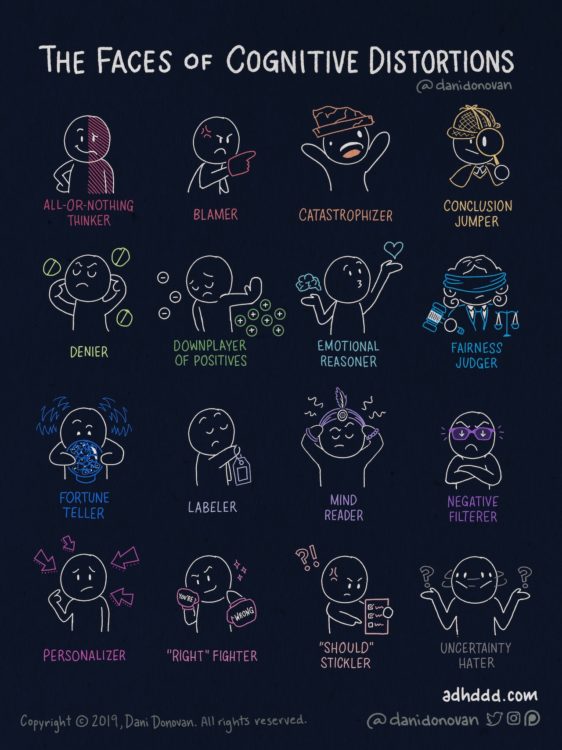
You have a flood of different feelings right after your amputation. Shock and disbelief come when you see part of you missing. You feel frustrated when you realize you have a long recovery ahead of you. At some point, profound sadness and grief overtake you when issues like returning to work cannot be answered. That is why taking charge of your post-amputation Depression. When you stop concentrating on yourself and start looking around your anger at what caused the amputation flairs up, You go through periods of tenuous emotional control skating on imaginary thin ice. This is when you realize you need to be taking charge of post-amputation depression.
Facing New Feelings After Your Amputation
Given the challenges recent amputees face, it is not surprising that symptoms of depression are common. Studies have found that right after an amputation, the prevalence of depression is as high as 41 percent. Therefore, people must take steps to tackle post-putation depression. If left untreated, they can have a severe negative impact on how long it takes to recover and rehabilitate both physically and mentally. Amputees experience different kinds of depression in the different stages of their recovery. The challenges after surgery are very different from those faced by someone learning to use a prosthesis.
Once you wake up from your surgery, these feelings can be overwhelming. Just slowing down the emotions as they wash over you is the first challenge. This is a time when you need your family and support system. You will misinterpret their inability to know what to say. It takes a while to get back to you here and now.
You will be asked to do many things designed to keep your muscles from degenerating. Simple things like showering, brushing your teeth, and other personal hygiene are challenging. You will notice at first that there is little concern about your feelings and an emphasis on physical recovery. If you were able to find a therapist before your amputation, you would have someone knowledgeable to help you sort out your feelings and deal with your emerging depression. That is why taking charge of post-amputation depression is so important.
Taking Charge of Post-Amputation Depression
Initial Amputation depression has a different quality. It is more fluid, changeable, and more intense. All these feelings are new and raw. In the first week to a month, the feelings cascade over you. Later you will have time to sort them out and understand why they feel that way. Concentrate on what you can control. Focus on the simple things within your grasp, like sleeping, eating, exercising, and doing daily personal hygiene.
You should think of your feelings in this initial stage as swinging you on a swing from anger to depression. At this point, you should not be afraid of these shifting emotions. As your recovery progresses, you will have more emotional control. The initial stages have their stresses. Relaxation, breathing, and mindfulness exercises are beneficially countering the back-and-forth motion pushing and pulling you. You should not take your eyes off the goal of tackling post-amputation depression.
Sorting Out How Depressed You Are
There are self-tests out there that help you take charge of post-amputation depression is over when you have begun to connect changes in your life with the feelings you deal with. You could still be in a hospital and about to go home. You could be at home and finally have that connection with getting through this. You are now leaving the emotional turmoil of the initial phase of amputation depression. Adjusting to an amputation takes time and people experience a variety of emotions throughout the journey. Realizing you are depressed is a good start to tackling your post-amputation depression. Utilizing practical strategies such as self-care, staying in touch with support networks, and being informed and involved in the recovery process can all facilitate the process of coping, leading to positive health outcomes




